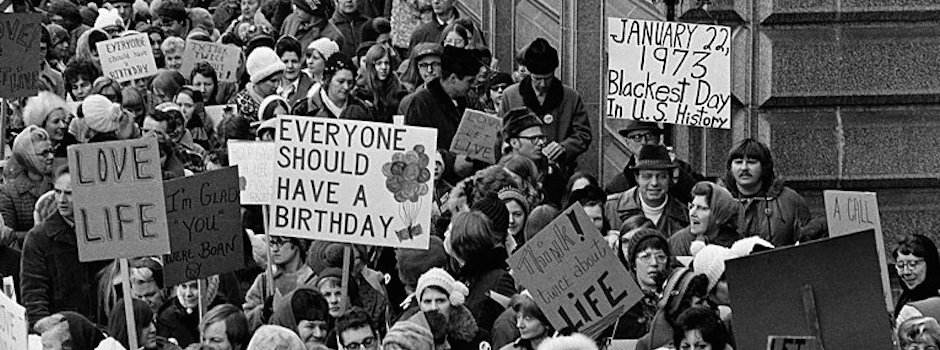This past week, I’ve come across two articles on the topic of why Millennials are leaving the church.
This is a topic that seems to be en vogue in the faith community these days – why people between the ages of 18 and 30 are leaving the evangelical church.
On one hand, it’s important to make sure that people in this age group do not abandon faith because it is here where we find the next generation of church leaders. On the other hand, though, some of the commentary on the subject feeds into narcissism and self-importance of a generation raised on self-esteem.
For example, Rachel Held Evans wrote for CNN:
“…I explain how young adults perceive evangelical Christianity to be too political, too exclusive, old-fashioned, unconcerned with social justice and hostile to lesbian, gay, bisexual and transgender people.”
By “hostile to lesbian, gay, bisexual and transgender people” it is commonly meant that the church needs to bend on the Biblical definition of marriage. This is a generation that has been fed the nonsense that criticism of the homosexual lifestyle means we hate the people who engage in homosexual practices.
If that’s what drives their opposition to the church, that is not the church’s fault. It’s not a surprise that a generation raised on Will & Grace and a media that promotes the homosexual agenda by trashing its opponents as homophobes would have this critique.
Evans also laments that the church is too obsessed with sex. She writes:
“I talk about how the evangelical obsession with sex can make Christian living seem like little more than sticking to a list of rules, and how Millennials long for faith communities in which they are safe asking tough questions and wrestling with doubt.”
I don’t know what kinds of churches she’s going to, but to call for one sexual standard and condemn others is not an “evangelical obsession with sex.”
If she’s going to lament an “evangelical obsession with sex,” maybe she should have talked a little bit about the hookup culture that is prevalent amongst this generation. When the church stands up for the Biblical view of sex, against the casual view too many in our society take, we are accused of being obsessed.
This accusation is a disconnect which can be addressed by preachers being more clear about their condemnation of behavior and not people. And by young people understanding that the church isn’t supposed to validate what the world thinks of sex. But there are some critiques in these two articles that are worth examining.
From Evans:
“Time and again, the assumption among Christian leaders and evangelical leaders in particular, is that the key to drawing twenty-somethings back to church is simply to make a few style updates – edgier music, more casual services, a coffee shop in the fellowship hall, a pastor who wears skinny jeans, an updated Web site that includes online giving.”
This is a more legitimate concern as churches attempt to “modernize” through drums in the service, a praise band, and pastors wearing jeans. The first two are not in and of themselves bad, but when combined with music that is shallow in theology to begin with, you have nothing more than a rock concert.
And that is a criticism that parishioners of all ages have.
Add a pastor in jeans and tie-dye looking like a flower child of the 60’s, you’ve turned God’s House into a love-in without the sex.
In the Washington Post, Brett McCracken gives Millennials the most important lesson they need in evaluating why they leave the church: It’s not about you.
McCracken writes:
“…we do not have everything figured out. And if we expect older generations and well-established institutions to morph to fit our every fickle desire, we do so at our peril.”
It’s an important observation because let’s face it, too many of the Millennial generation think it’s all about them.
This is an outgrowth of the self-esteem movement, affirmative action, and the giving everyone a trophy whether they earned it or not. This is why McCracken doesn’t think highly of Evans’ idea for evangelical leaders to sit down with Millennials and ask them what they think. In what generation that has ever been done?
It’s time for churches to stop looking to people of any age to get a general idea of popular culture and tailoring the church to that. The church is supposed to be where we worship God with fellow believers, not get insight into pop culture.







but when combined with music that is shallow in theology to begin with, you have nothing more than a rock concert.
Not all contemporary music is shallow in theology. That is cetainly a generalization.